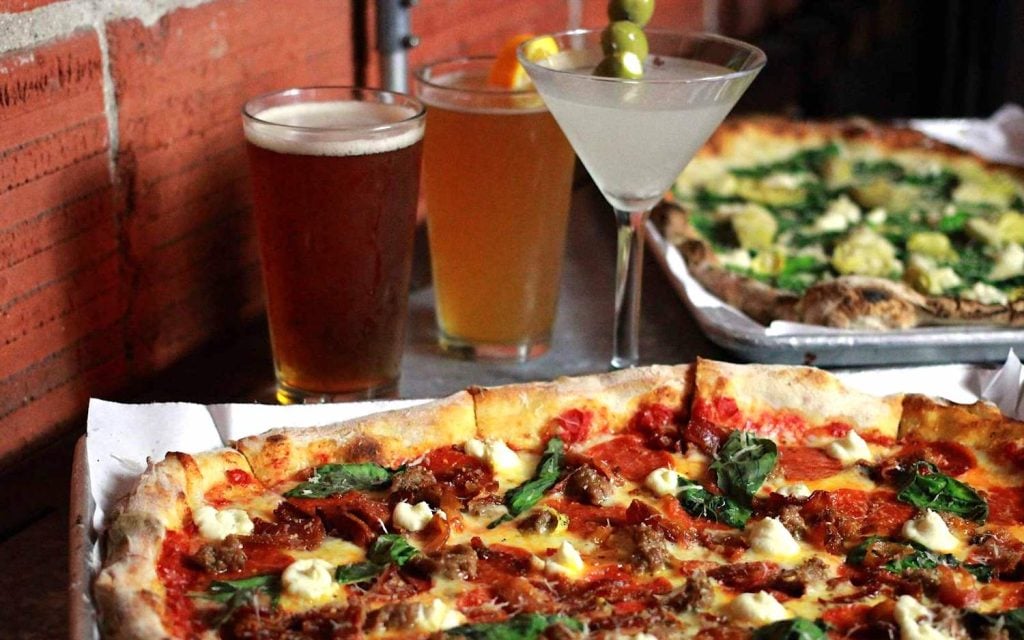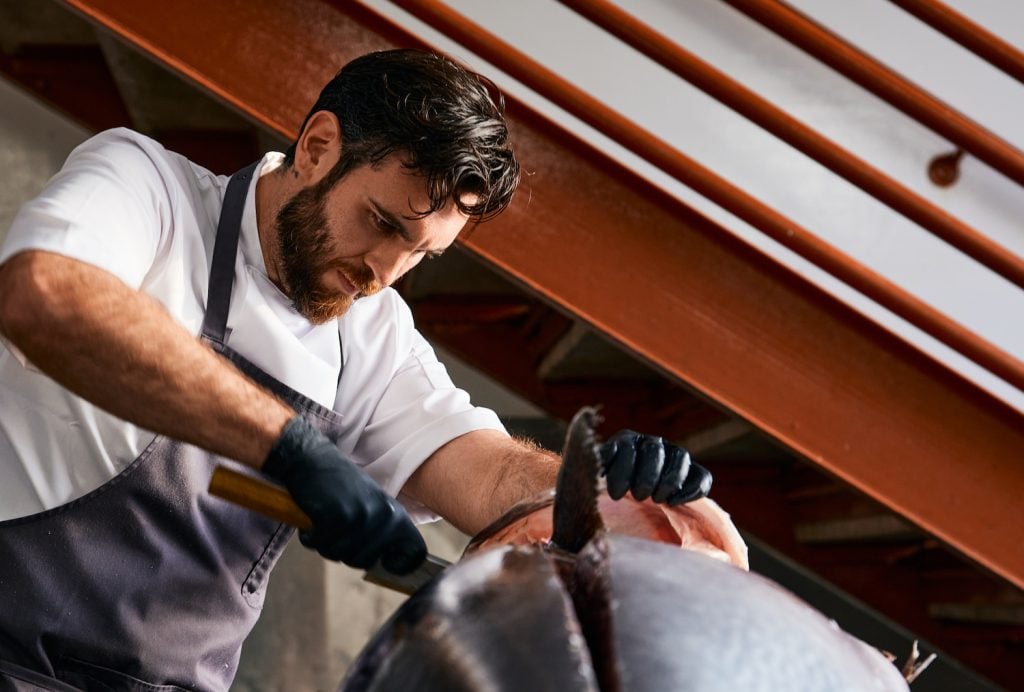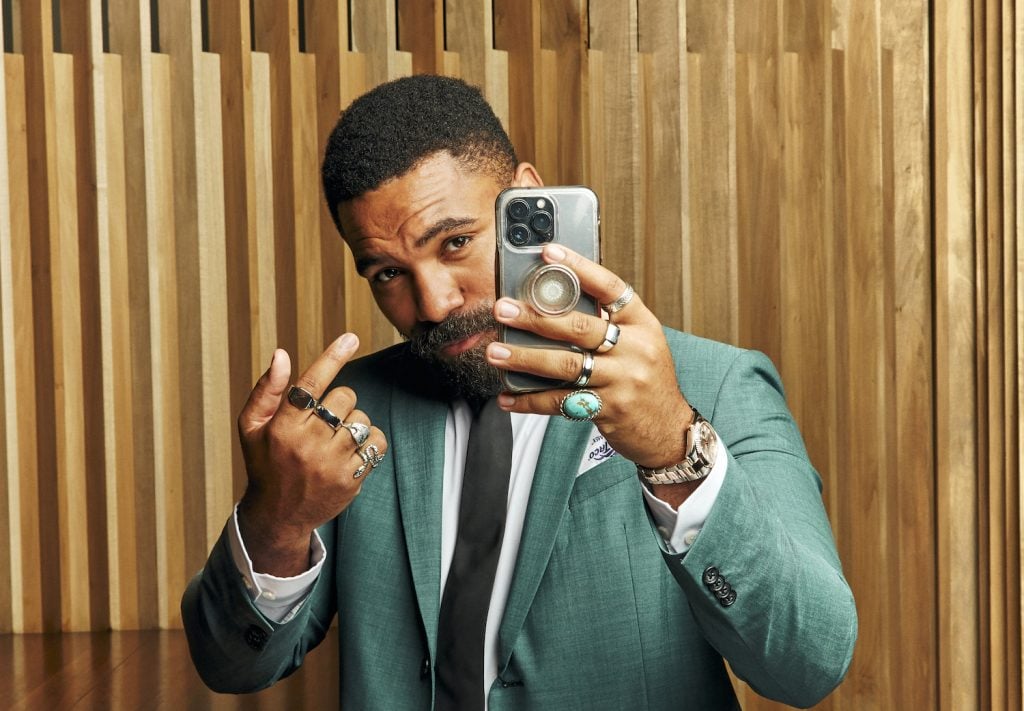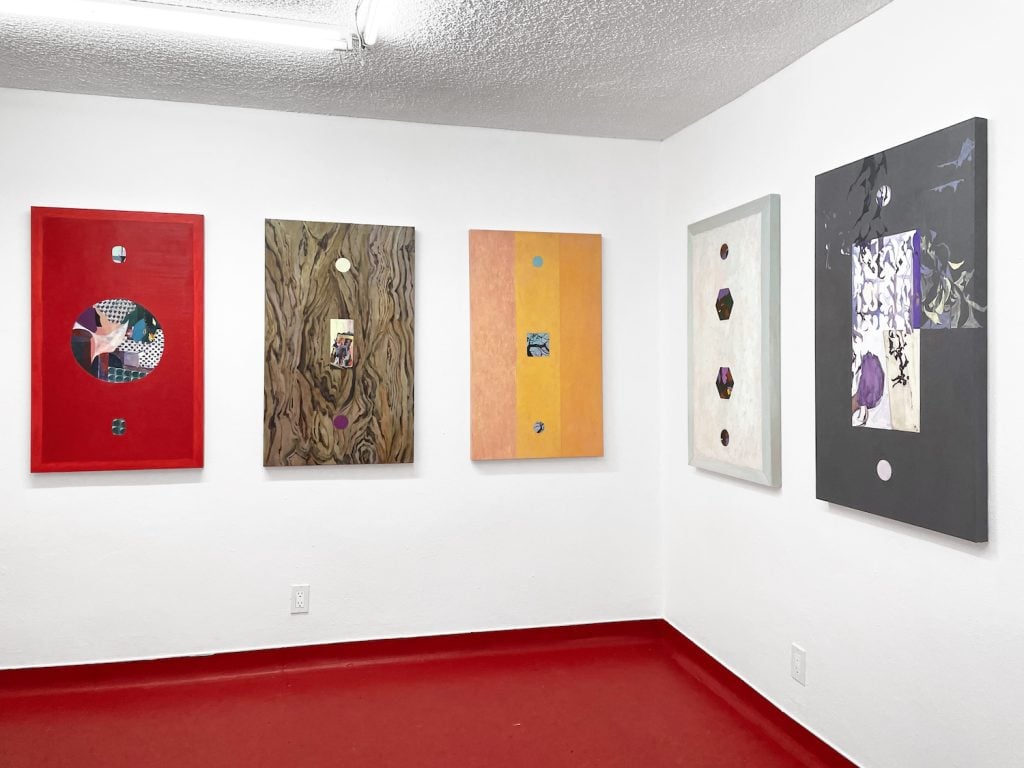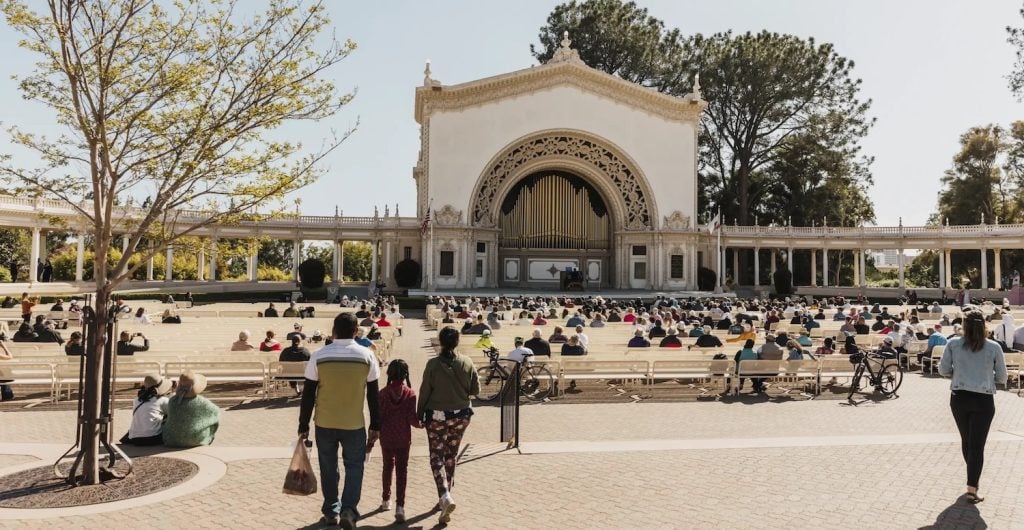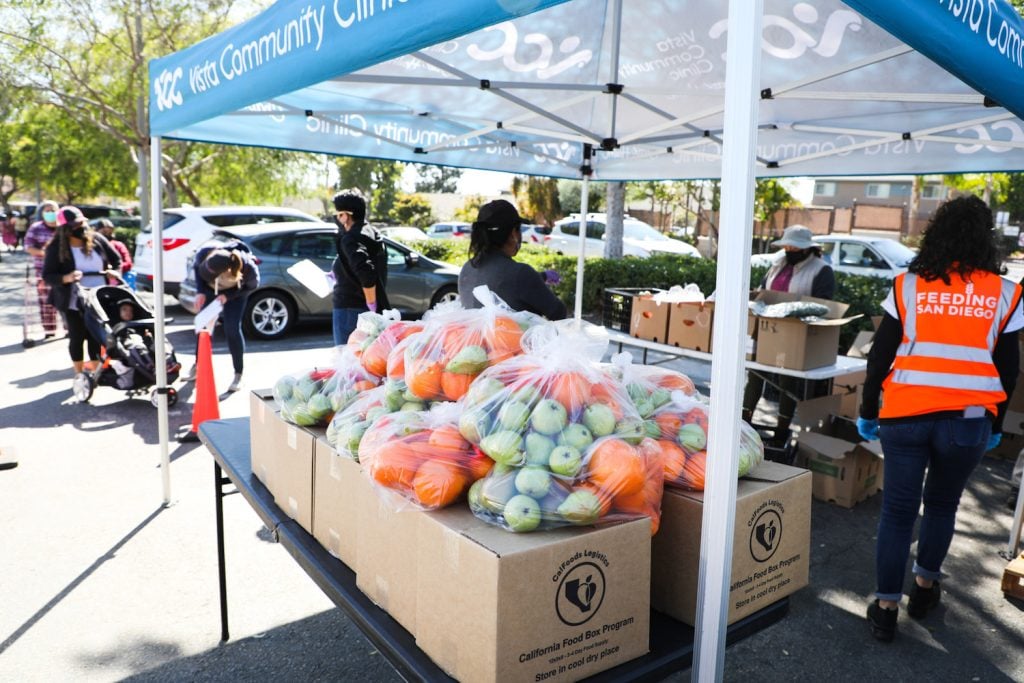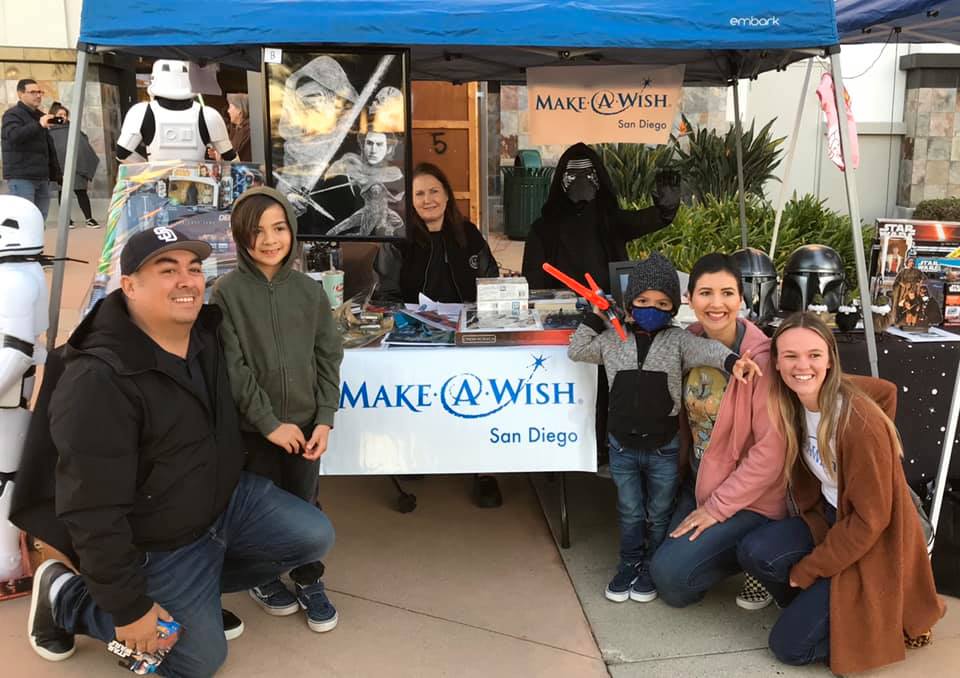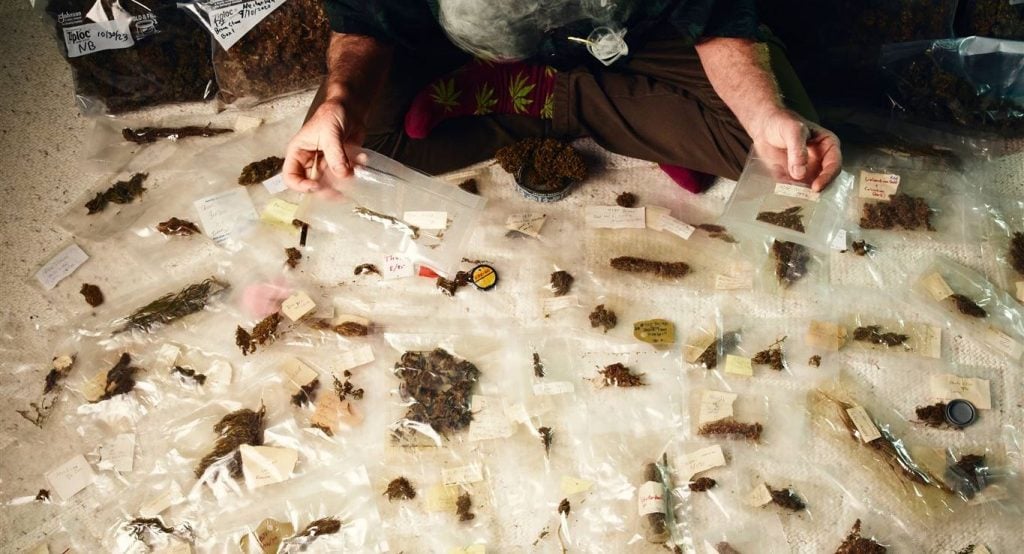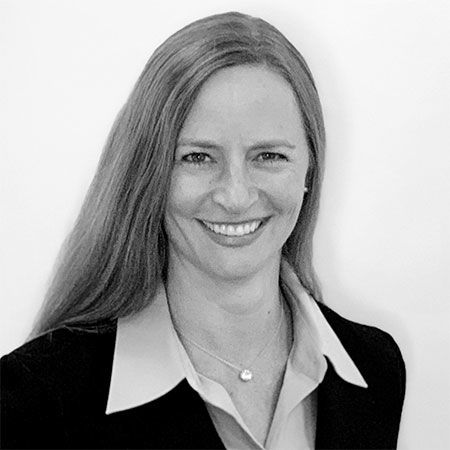
Culinary Medicine: San Diego’s Next Big Medical Practice
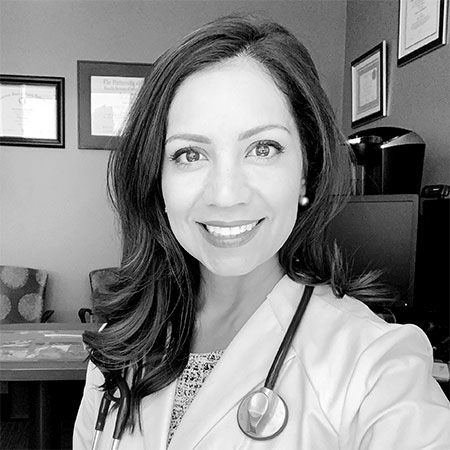
Culinary Medicine: San Diego’s Next Big Medical Practice
Dr. Sabrina Falquier wants to know what you had for lunch.
She’d also like to know what you ate for breakfast and dinner, and exactly what was in that 3 p.m. coffee drink.
Falquier isn’t nosy. These questions are part of her treatment as a primary care physician with Sharp Rees-Stealy Medical Group. She uses the emerging field of culinary medicine to address health issues like heart disease and diabetes. It’s an evidence-based field blending the art of cooking with the science of medicine, with programs in places like Tulane University and the Harvard T.H. Chan School of Public Health.
The goal of culinary medicine is to improve a patient’s health by adjusting what they eat, taking into account the cultural and social elements of eating and cooking.
Falquier says people are shocked at first to hear their doctor ask about their diet, “because in traditional western medicine food is so separate. There’s very little sense that what we eat is having this effect on our health outcomes and our current health state.”
Dr. Angie Neison, also a physician with Sharp Rees-Stealy Medical Group, has spent years making nutrition an integral part of her practice. She was frustrated by the lack of time afforded by a typical doctor’s appointment to give her patients information about nutrition. “Every time, I’d think, ‘I just need more time; if I only had more time,’” she says.
The two San Diego doctors didn’t meet until February 2018, at a conference at the Culinary Institute of America in Napa Valley. “The connection was instant,” Neison recalls, “and we realized that together we could move mountains.”
Falquier and Neison began collaborating to figure out how they could use culinary medicine to reach more people. After months of work—and approval from the CEO and board of Sharp Rees-Stealy—they debuted a series of classes for patients with diabetes, obesity, high cholesterol, high blood pressure, or a prior heart attack, who could benefit from lifestyle modification.
Studies show that when diet information comes from a physician rather than a nutritionist, it carries more weight with the patient. And Falquier says that when doctors don’t ask about food, they’re missing an opportunity akin to not asking whether a patient smokes.
Getting diet information from a doctor is also a way to get around insurance. “Currently, insurance doesn’t pay for nutritional education visits with a registered dietitian unless you already have a chronic disease,” Neison points out. “However, this kind of practice is our current model of ‘waiting until it’s so bad your insurance will cover it’ rather than preventive medicine. So there’s currently nothing similar to what Dr. Falquier and I have developed, unless patients pay out of pocket.”
Later this year and early next, the two doctors will launch a pilot program at Sharp Rees-Stealy’s Mira Mesa and downtown locations. Eight to 14 patients will be invited to 4–5 two-hour sessions learning about fruits, vegetables, proteins, and plant protein alternatives. Falquier and Neison will clear up misconceptions about carbohydrates, discuss the role of whole grains, let patients practice chopping skills, and more.
The classes will take place in a conference room without a kitchen. Though some might view this as a challenge, Falquier sees a benefit to this stripped-down approach. “We want people to see that it doesn’t have to be complicated,” she says. “You don’t need fancy devices. Everyone will have a cutting board and different ways of creating food. They will be learning the why and the how of cooking, but they’ll also be learning about eating as a community and the importance of connecting to your food.”
The doctors will also cover how to prepare healthy food in a busy household and on a budget. “We want to demystify the idea that healthy eating is expensive eating,” Falquier says.
Neison has evidence this approach works. This year a patient of hers fully reversed his diabetes by changing his nutrition. “He has no evidence of it,” she says. “He is not on any medication. It still gives me chills to think about. You just don’t see this.”
After the pilot program concludes, the doctors plan to make their series an ongoing service, with other Sharp Rees-Stealy doctors referring their patients to the classes.
“My hopes and goals are that we will be the first medical group to research this in San Diego, that this will be the way we practice medicine, that this will be revolutionary,” Neison says, and underscores the bigger picture: “That we look at diseases and chronic diseases from a preventive standpoint, rather than just a reactionary standpoint.”

Culinary Medicine: San Diego’s Next Big Medical Practice
Illustration by Francesco Ciccolella
